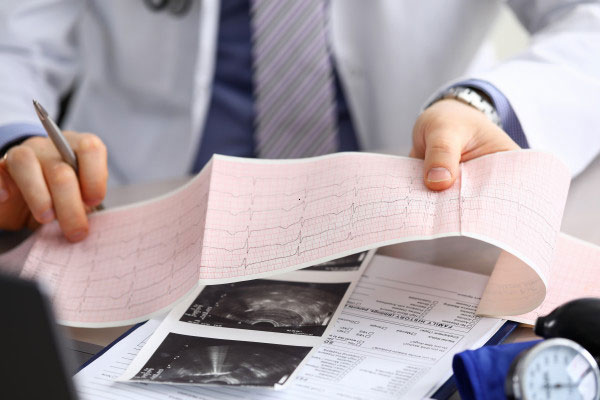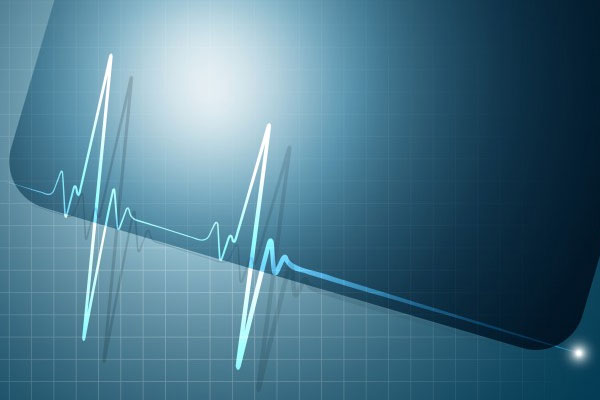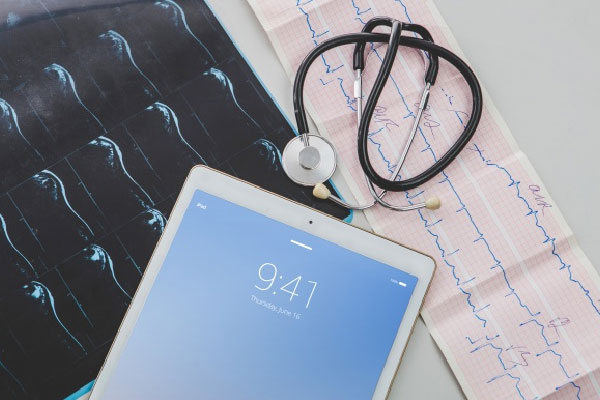
Having the Device Implantation
Your physician will discuss with you about the device implantation including indication, benefit and the risks. Based on your clinical scenario, you will need either pacemaker, defibrillator or biventricular device (CRT-P or CRT-D).
Before the procedure
Before your device implantation, you will meet with a specially trained heart doctor (cardiac electrophysiologist) who will do the procedure. He or she will tell you how to get ready. Follow your doctor's instructions regarding medications pre-procedure. Also inform the physician about daily medicines, such as insulin or blood thinners. Inform any allergies to any medicines. Follow the instructions for the blood work, registration and fasting. Don't eat or drink anything 8-12 hours before the procedure.

The Day of the Procedure
Please arrive at the prespecified time to allow adequate time for hospital registration and check-in; please call if you will be late. Follow the instructions for the medications like Eliquis/Xarelto/Pradaxa/coumadin and insulin. Your physician will discuss the procedure again with you that morning. Please bring a list of questions if you have any after your office discussion. You will also be asked to sign an informed consent that morning. After the procedure, you will have an arm sling. Expect an overnight hospital stay, with a morning exam to ensure the device and incision site are appropriate. Please arrange to have someone drive you to the hospital and home after the procedure as driving is typically limited for at least 1 week after device implantation.
Risks of Device Implantation
There are risks with all the invasive procedures. We take precautions and try to prevent these possible risks of the procedure.
- Bleeding (hematoma) or infection at the device site.
- Bleeding around the heart (pericardial effusion) needing procedure or cardiac surgery
- Lung collapse (pneumothorax) while getting access to the vein
- Damage to the heart muscle and valves needing cardiac surgery or procedures.
- Lead dislodgement needing another procedure to reposition it.
- Stroke or heart attack

Discharge instructions and care
Your heart rhythm specialist will discuss specific individualized recommendations on your discharge care. Do not take shower for 3 days and If you have steri-strips, please do not remove them. These steri-strips will be removed at your post-device 1 week followup wound check appointment. Typically driving is discouraged for at least 1 week or longer after the device is implanted Limit heavy lifting with the involved arm for at least 4 weeks Extreme motion with the involved arm (above the shoulder) should be avoided for 4-6 weeks after device implantation (this includes activities such as swimming and golf); this could result in lead dislodgement. You will need to return to the clinic in 1 week after device implantation to check the healing of the incision site. You can return to normal activities within several days Speak to your physician regarding your medications after device implantation, including when to resume medications like Eliquis/Xarelto/Pradaxa and coumadin.
Long-term follow-up
- You will need a wound check in 1 week after implantation.
- Clinic device and wound surveillance check approximately 6 weeks after implantation
- You will need routine 'device clinic' checks with your physician: typically every 4-6 months for a pacemaker system, and every 3-4 months for an ICD. This takes approximately 20 minutes, with the programmer 'wand' placed on your chest over your device. A noninvasive review of your device parameters, function, and cardiac events will be printed and kept with your records.
- Always carry your device identification card. You will be given a temporary card on discharge from the hospital, with mailing of the permanent within 6-8 weeks thereafter.
- An intensified monitoring period will be instituted as battery depletion is detected. This is determined during your routine device checks as residual battery level can be projected. 'Device clinic' checks will change to every 2-3 months or less thereafter.
- Replacement of the pacemaker or ICD generator is performed during the 'elective replacement interval' determined by the device's battery life. Expect a 5 to 8 year average generator life for a pacemaker and a 3 to 6 year life-span for a defibrillator system.
Please call the physician or seek care if:
- Your bandage at the device site has become soaked with blood
- Any evidence of frank pus from the incision site
- Any increased swelling or pain since hospital discharge
- Any red or hot area around your incision site
- If you have a temperature >38.0 C
- If you have any chest pain, shortness of breath, or significant change in your vision. These may be signs of an emergency - call 911.
Misconceptions
- Your device has built-in features to protect it from the electrical interference produced by most household electrical appliances. Generally microwave ovens, computers, VCRs, and garage door openers are all safe to use.
- Airport walk-through metal detectors are safe, but you may set the alarm off. Always have your device identification card on hand, and have them perform a hand search instead.
Precautions
- Be wary of contact sports
- Avoid placing your cellular phone directly over your device generator. Try to keep it at least 6 inches away from your device. Do not carry your cellular phone in your shirt pocket when not in use.
- Magnetic resonance imaging (MRI) scans should be avoided unless your physician deems otherwise
- Avoid prolonged exposure in the vicinity to electronic security systems (anti-theft devices), including metal-detector 'wands' and those located at the entrance of department stores.
- Your device is sensitive to strong electromagnetic interference (EMI) generated by certain electric or magnetic fields of sufficient strength. Hence, avoid working near heavy or high-voltage machinery (running motors and alternators), exposure to arc-welding equipment, CB radio antennas, and MRI scans.
Device Company Manufacturers
Medtronic: 800-551-5544
Boston Scientific: 800-227-3422
St. Jude Medical: 800-777-2237/800-733-3455
Biotronik: 800-547-0394/503-635-3594
Need a Doctor for Check-up?
Diagnosis, Diagnostics, and Efficient Cardio rhythm specialist advice Plans All healthcare plans are accepted. Visit our qualified team of physicians today!
